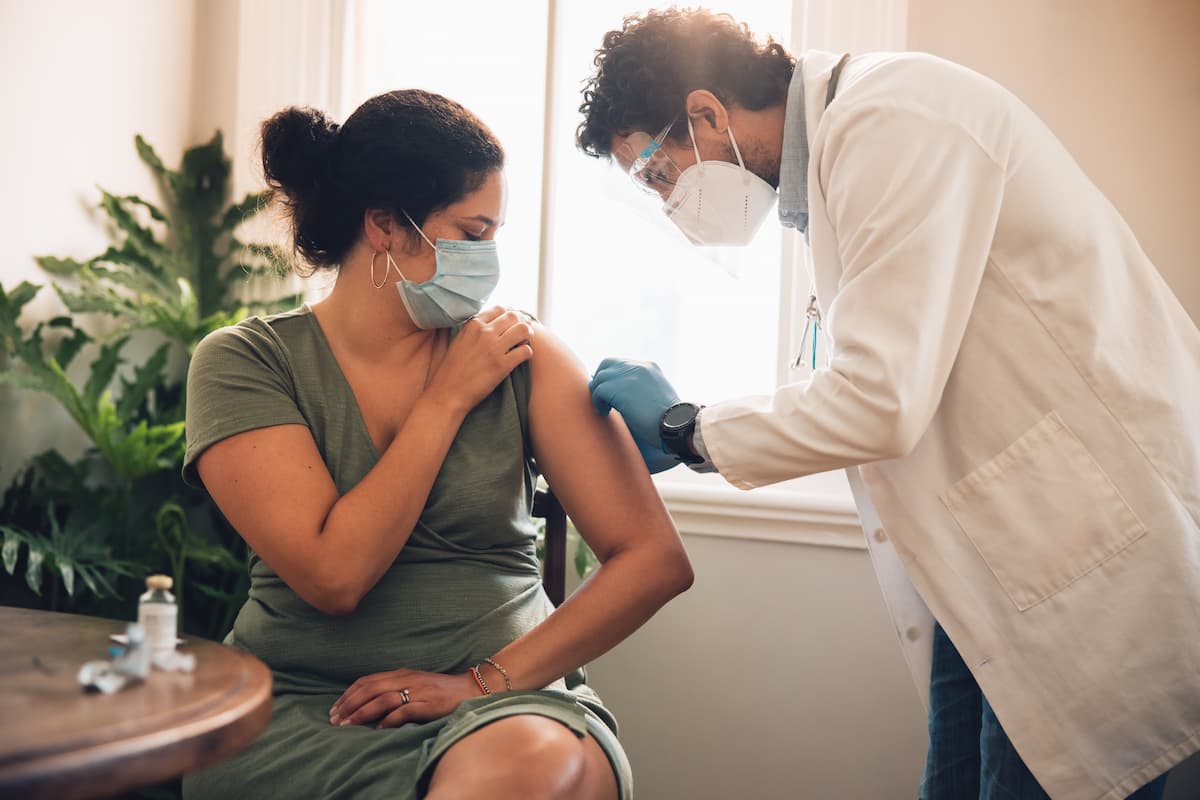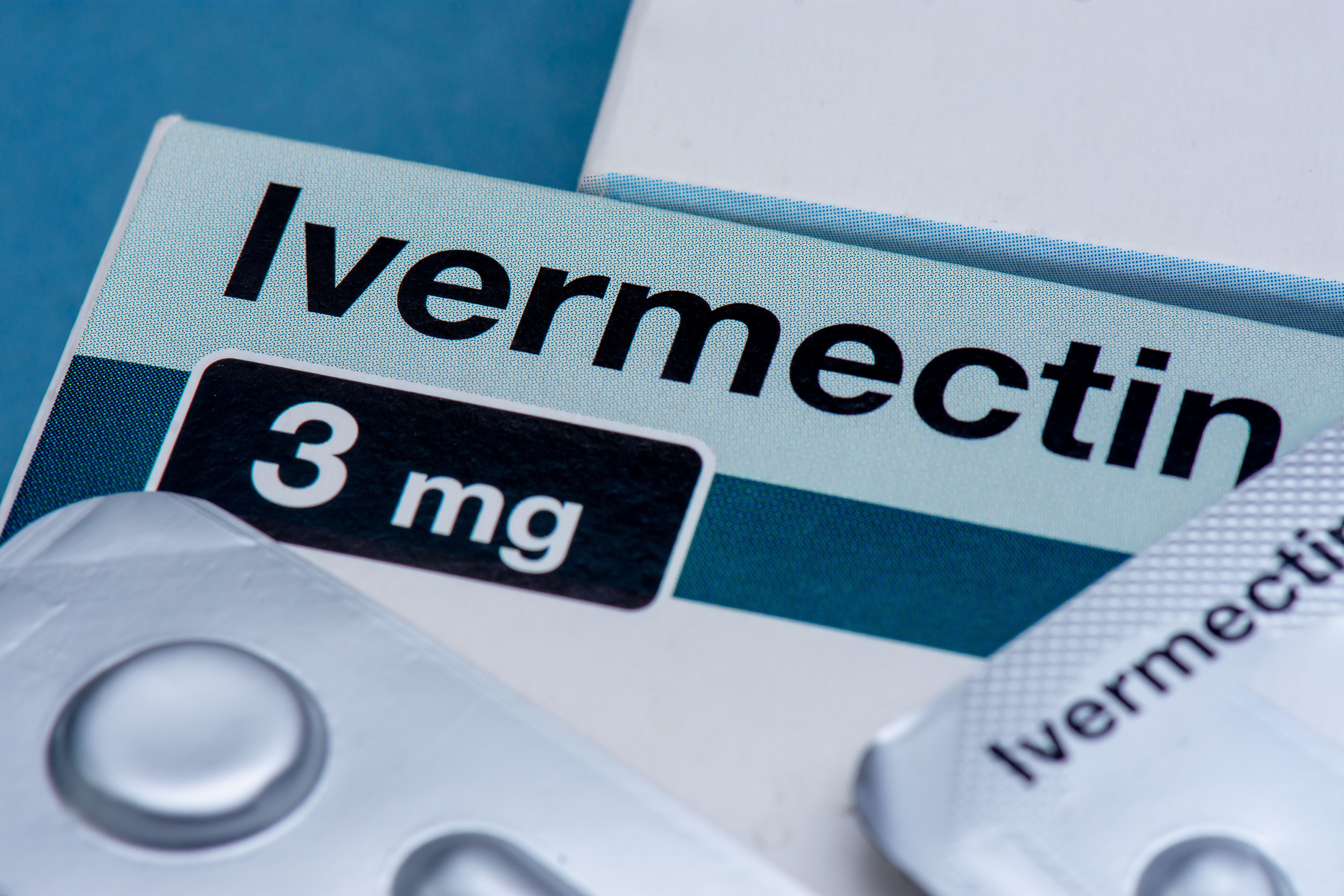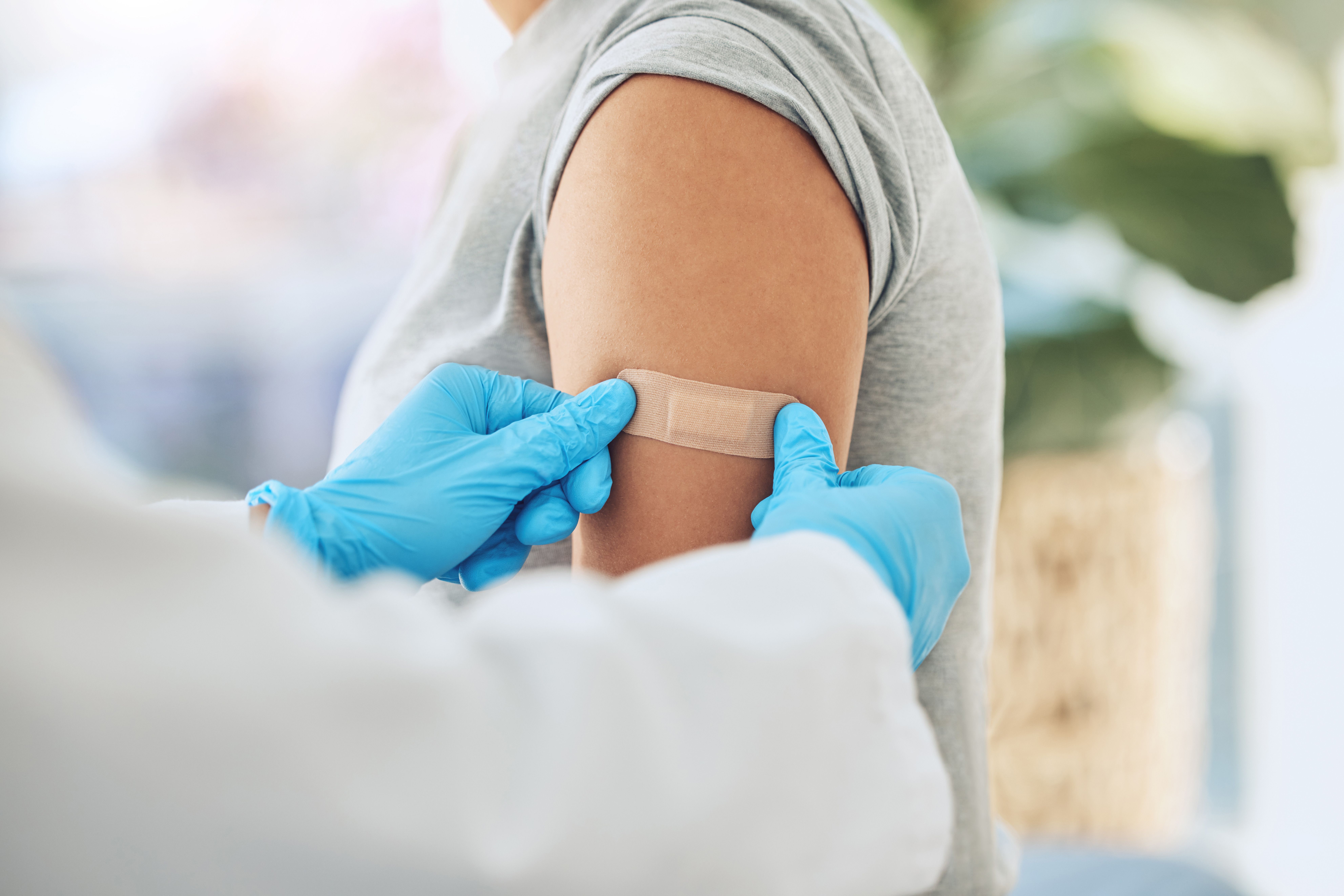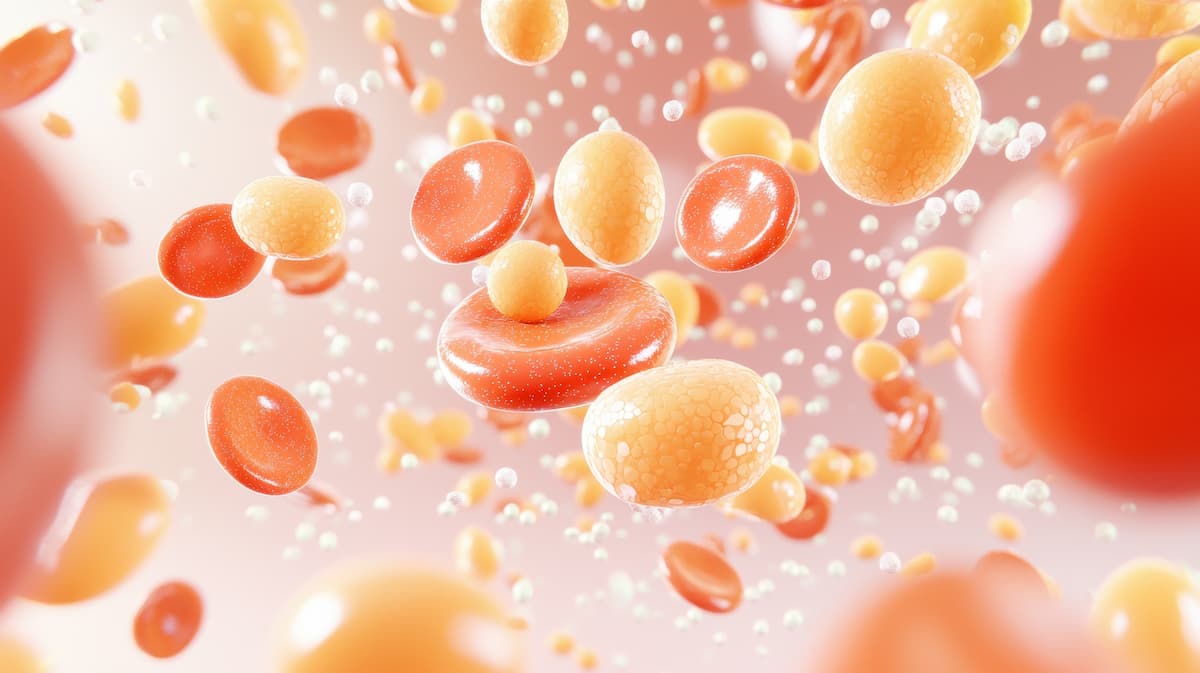Article
Data Show Clinical Remission of Peanut Allergy in Children Treated With Novel Immunotherapy
Author(s):
Investigators found that 51% of participants achieved sustained unresponsiveness to peanut after 18 months of treatment.
New results from a phase 2b clinical trial show that pediatric patients with peanut allergy achieved clinical remission after receiving PRT120, an investigational oral immunotherapy with a novel high dose, rapid escalation dosing regimen.
The results from the placebo-controlled trial confirm the efficacy of PRT120 in inducing clinical remission of peanut allergy in children and improved quality of life for patients. The trial was designed to analyze the effect of an oral immunotherapy delivered via a proprietary, high dose, rapid dose escalation schedule, versus an oral immunotherapy delivered in the same way together with a probiotic.
“This is an exciting time for our company with the publication of these remarkable results,” said Mimi Tang, PhD, FRACP, FAAAAI, CEO of Prota Therapeutics, in the press release. “It is the first randomized controlled study of peanut oral immunotherapy to show high rates of sustained unresponsiveness in school-aged children and the first to show high rates of sustained unresponsiveness in school-aged children, and the first to show that a peanut allergy treatment can provide substantial improvement in quality of life compared to current standard care of peanut avoidance.”
The trial was conducted at the Royal children’s Hospital in Melbourne, Perth Children’s Hospital, and the Women’s and Children’s Hospital in Adelaide, Australia. It involved 201 children between 1 and 10 years of age, and the trial was staged over 4 years with participants followed up to 12 months post-treatment.
In the press release, researchers noted that peanut allergy rates are increasing, marking a need for improved treatments. Approximately 1.1 million patients between 1 and 17 years of age were diagnosed in the United States alone in 2021, according to researchers.
The investigators found that 51% of participants achieved sustained unresponsiveness to peanut after 18 months of treatment. This milestone allowed patients to stop treatment altogether and safely eat peanut freely, according to the study.
Importantly, allergy remission refers to the absence of clinical reactivity that persists after treatment has been stopped for a period of time. This is different from desensitization, which is a temporary increase in the amount of allergen that causes a reaction for patients that is only maintained with continuing treatment. Desensitization provides protection against accidental allergen exposure, but patients must remain on daily treatment and also maintain strict allergen avoidance.
Earlier studies of peanut oral immunotherapy have shown limited success at stimulating remission, with only a small subset of participants achieving this endpoint after years of treatment. In the new trial, 51% of children achieved remission after 18 months compared to 5% in the placebo arm. This is the highest rate of remission yet reported for a standalone peanut oral immunotherapy treatment in school-aged children.
REFERENCE
Prota Therapeutics Achieves Peanut Allergy Treatment Milestone: Groundbreaking Clinical Trial Data Demonstrates Clinical Remission of Peanut Allergy in Pediatric Patients. News release. Prota Therapeutics; February 9, 2022. Accessed May 18, 2022. https://protatherapeutics.com/wp-content/uploads/2022/02/Press-Release_-Prota-Therapeutic_9-Feb-22.pdf
Newsletter
Stay informed on drug updates, treatment guidelines, and pharmacy practice trends—subscribe to Pharmacy Times for weekly clinical insights.

FDA Grants Full Approval to mRNA-1273 COVID-19 Vaccine in Children At Increased Risk




